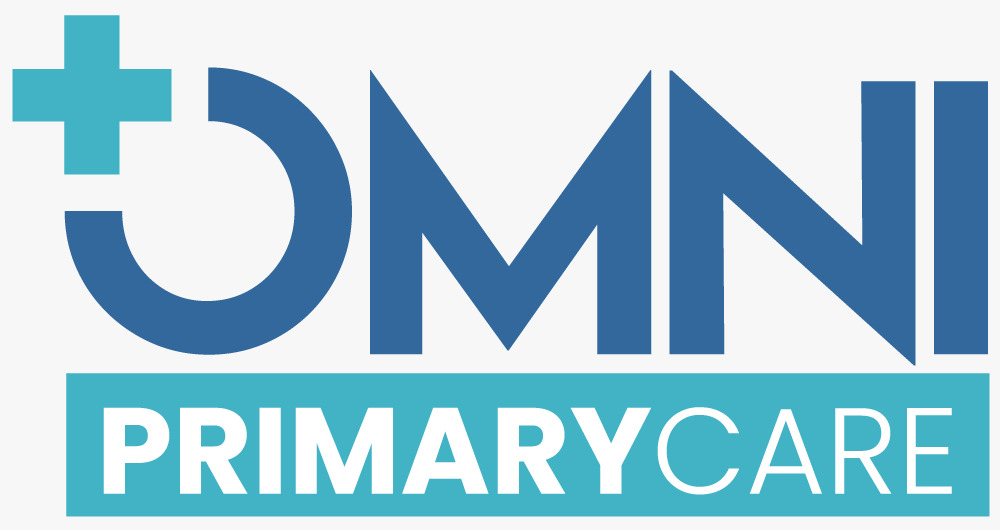



Eczema is a term for several different types of skin swelling. Eczema is also called dermatitis. Most types cause dry, itchy skin and rashes on the face, inside the elbows and behind the knees, and on the hands and feet. Scratching the skin can cause it to turn red, and to swell and itch even more.
Eczema is not contagious. The cause is not known. It is likely caused by both genetic and environmental factors. Eczema may get better or worse over time, but it is often a long-lasting disease. People who have it may also develop hay fever and asthma.
The most common type of eczema is atopic dermatitis. It is most common in babies and children but adults can have it too. As children who have atopic dermatitis grow older, this problem may get better or go away. But sometimes the skin may stay dry and get irritated easily.
Treatments may include medicines, skin creams, light therapy, and good skin care. You can prevent some types of eczema by avoiding
The most common locations for eczema include the face, neck, in front of the elbows, behind the knees, and on the extremities. Adults with eczema may notice the most irritation on the arms and legs, particularly in front of the elbows and behind the knees.